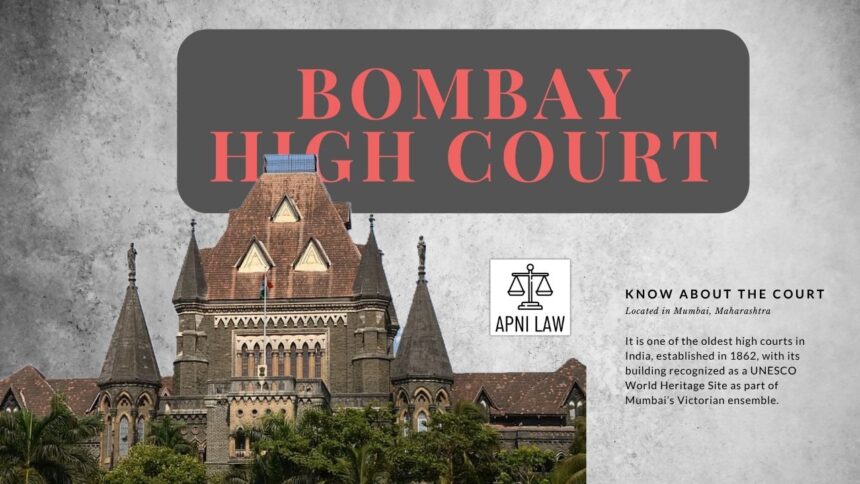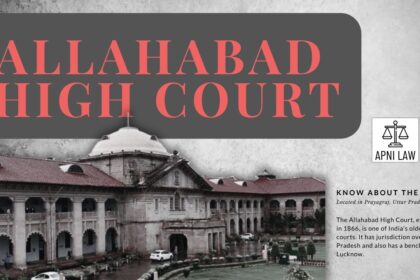Introduction
The Bombay High Court recently delivered an important decision titled Asha Bhosle v. Mayk Inc. The Court protected the personality rights of the legendary singer Asha Bhosle. It held that the unauthorized use of a celebrity’s voice via AI tools infringes fundamental personal rights.
Facts of the Case
Asha Bhosle filed suit against companies that developed and offered AI applications. These applications allegedly cloned her voice to generate songs and content without her permission. The defendants also purportedly used her image and likeness for merchandise, posters, and online promotion. The plaintiff claimed that none of these uses had her consent.
She submitted that her name, voice, image, caricature, likeness, and persona form part of her personality rights. It was argued that such rights deserve protection under law. She sought interim relief against the defendants to stop further unauthorized uses.
What the Court Held
Justice Arif S. Doctor presided over the matter. He expressed a prima facie view that allowing AI tools to convert any voice into that of a celebrity without consent constitutes a violation of the celebrity’s personality rights. The judge observed that voice serves as a core element of one’s identity and public persona.
He said such tools enable unauthorized appropriation and manipulation of a celebrity’s voice. They can impair the celebrity’s ability to prevent commercial or deceptive uses of their identity.
The Court found that the balance of convenience favored Asha Bhosle. Some defendants failed to appear, supporting her case of unauthorized use. Therefore, the Court deemed there was a strong prima facie case for relief.
The Court granted ad-interim relief. It restrained the defendants from using Asha Bhosle’s name, image, likeness, or voice—whether through AI tools or otherwise—without her consent. It also ordered them to remove infringing content from platforms like YouTube, Amazon, and Flipkart.
Implications
This decision affirms that courts will recognize and protect personality rights in the digital age. It signals that use of AI tools to clone or simulate a celebrity’s voice without consent will face legal consequences. The judgment expands the scope of personality rights to include voice as a protected attribute of identity.
It also places platform operators and content hosts under pressure. They must ensure that content infringing personality rights gets removed upon order. The decision may influence how AI developers handle voice-cloning projects and push for stricter safeguards and user consent mechanisms.
This ruling may pave the way for more personality rights cases involving emerging technologies. It underscores that rights of public figures do not end at image alone. Their voice, likeness, and persona demand legal respect and control.
For any specific query call at +91 – 8569843472
Conclusion
In Asha Bhosle v. Mayk Inc., the Bombay High Court proactively protected a celebrity’s personality rights in the era of AI. It recognized voice cloning without consent as a clear violation of personal identity. The judgment charts a path for future disputes over AI, identity, and consent. It reminds creators, platforms, and developers to tread carefully when handling sensitive personal attributes.








